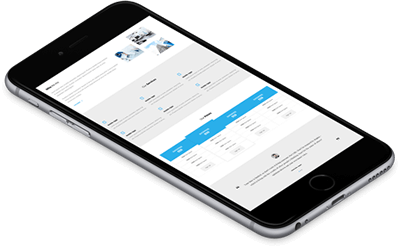One must learn by doing the thing, for though you think you know it-you have no certainty, until you try.

Experiential Learning
Today’s world is dynamic and ever-changing.Online classes and specialised skill workshops are becoming easy ways for employees to stay up-to-date with the latest trends and skills necessary to thrive in today’s modern workplace.
Now more than ever, it is crucial that schools integrate new learning techniques to help prepare children for the future workplace.In more recent times, it has become common practice for teachers to integrate more active learning techniques in the classroom such as experiential learning.
Now more than ever, it is crucial that schools integrate new learning techniques to help prepare children for the future workplace.In more recent times, it has become common practice for teachers to integrate more active learning techniques in the classroom such as experiential learning.

What is experiential learning?
As the name suggests, experiential learning is the process of learning through experience. Experiential learning theory was initially proposed by psychologist David Kolb who emphasised how experiences influence the learning process.
Kolb defined experiential learning as “the process whereby knowledge is created through the transformation of experience. Knowledge results from the combinations of grasping and transforming the experience.”
Kolb defined experiential learning as “the process whereby knowledge is created through the transformation of experience. Knowledge results from the combinations of grasping and transforming the experience.”
